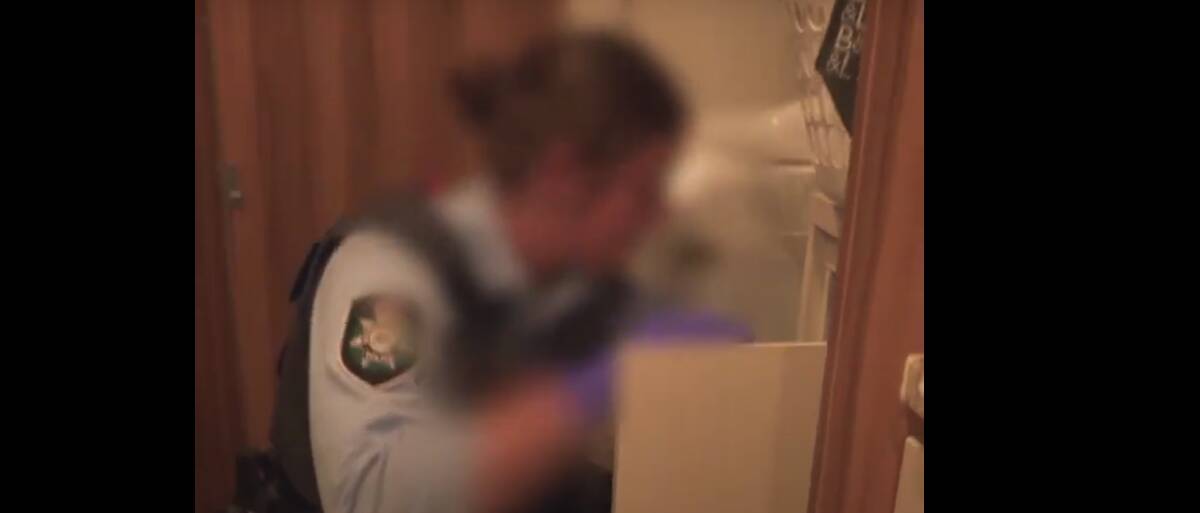A woman suspected of operating a cross-border network of illegal brothels will not be charged in the ACT, despite having been implicated in what was, at the time, the territory's largest ever restraint of criminal assets.
General duties officers from ACT Policing discovered an illegal brothel in Civic while conducting a COVID-19 compliance check in March 2020.
This resulted in the creation of Operation Goeben, which linked the Canberra address to a number of other illegal brothels and luxury properties purchased with suspected proceeds of crime.
Investigations culminated in the restraint of more than $10 million worth of assets, including bank accounts and seven properties, across the ACT, NSW and Queensland, under confiscation of criminal assets laws.
Restrained assets are effectively frozen to enable their potential confiscation at a later date, and a series of recently published ACT Supreme Court judgements have shed light on what has occurred in this case.
In one of the judgements, Justice Chrissa Loukas-Karlsson outlined how, in 2021, she made restraining orders in relation to property owned by five people and one company, none of which can legally be named.
Only the first defendant was suspected of having committed a crime, with the restrained property owned by her company and the other four parties believed to tainted because it was effectively under her control.

Substantive civil proceedings against this woman resolved with an order requiring her to forfeit one of her interests in a Canberra property to the ACT government.
Justice Loukas-Karlsson also made an unexplained wealth order against the woman, in the sum of $2.25 million.
The case has remained before the court since the resolution in April last year because the woman has resisted applications by media to inspect documents related to the case.
Justice Loukas-Karlsson granted access in March, but the woman appealed and the judge's orders were stayed pending the outcome of a hearing to be held in the ACT Court of Appeal next month.
Another issue has emerged in terms of naming the six defendants, with Justice Loukas-Karlsson initially proposing to anonymise the names of all except the woman suspected of criminal activity and her company, of which she is the sole director, shareholder and secretary.
However, the woman sought a pseudonym order in relation to herself and her business.
In a judgement determining that application, Chief Justice Lucy McCallum noted the ACT Director of Public Prosecutions had confirmed the woman would not be charged with the suspected offences that resulted in the confiscation of criminal assets proceedings being initiated.
Chief Justice McCallum said publication of the woman's name would therefore not carry the risk of prejudicing her right to a fair trial.
On the other hand, the judge said, publication of the name would damage the woman's reputation in circumstances where she would never have the opportunity to test allegations of serious criminal conduct and defend herself against them at trial.
While Chief Justice McCallum said that would not ordinarily be enough to warrant an order preventing publication of the woman's name, she determined one was necessary to preserve the utility of the woman's appeal.
When ACT Policing first revealed Operation Goeben to the public, Detective Superintendent Scott Moller said the confiscation of criminal assets was "an effective tool to assist in the prevention and disruption of serious and organised crime, and prevent the reinvestment of illegally obtained wealth into criminal activity".
He said while arrests had not been made, "the most important part of this investigation was seizing and restraining the assets".
"Our aim is to take the assets from these people so they can't reinvest that into other criminal activity," Detective Superintendent Moller said.







